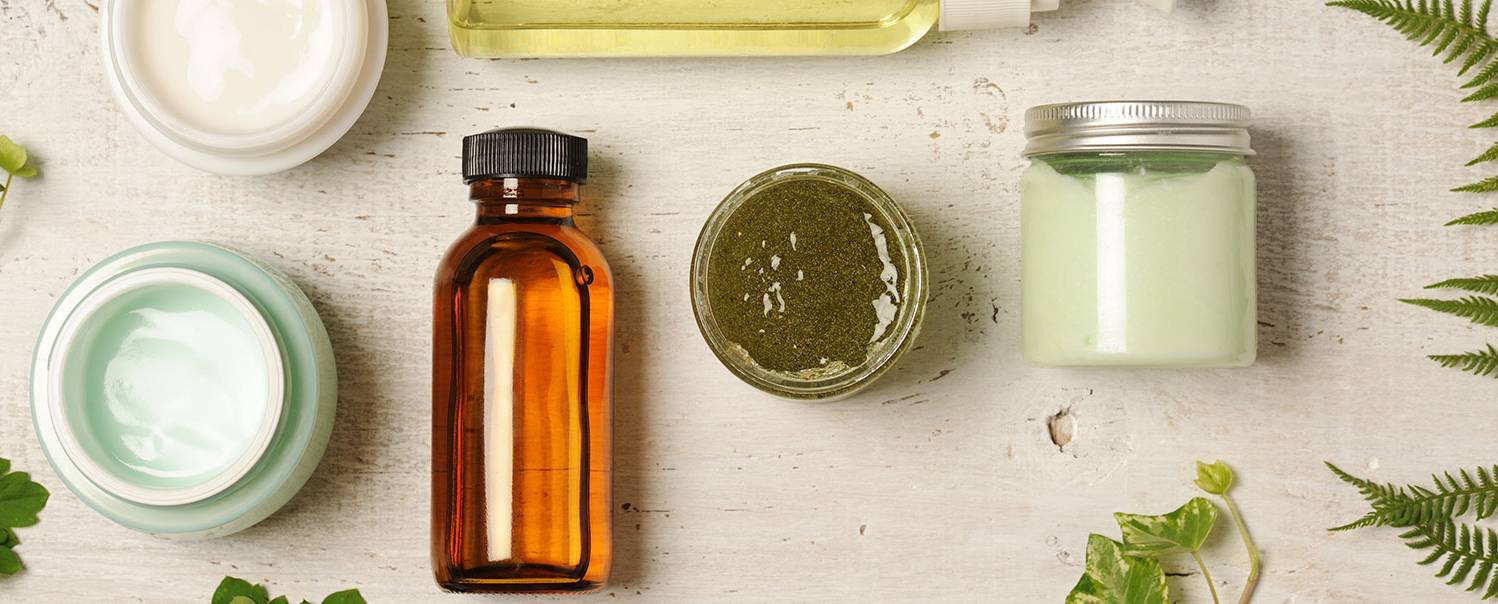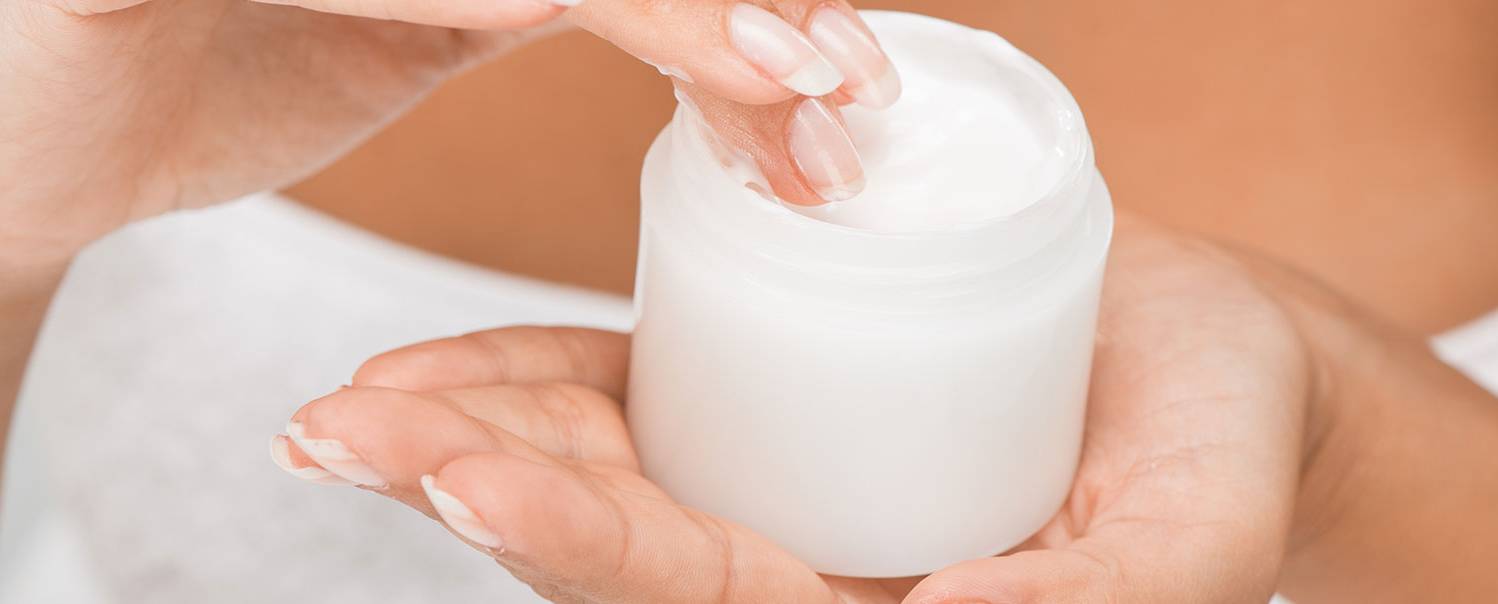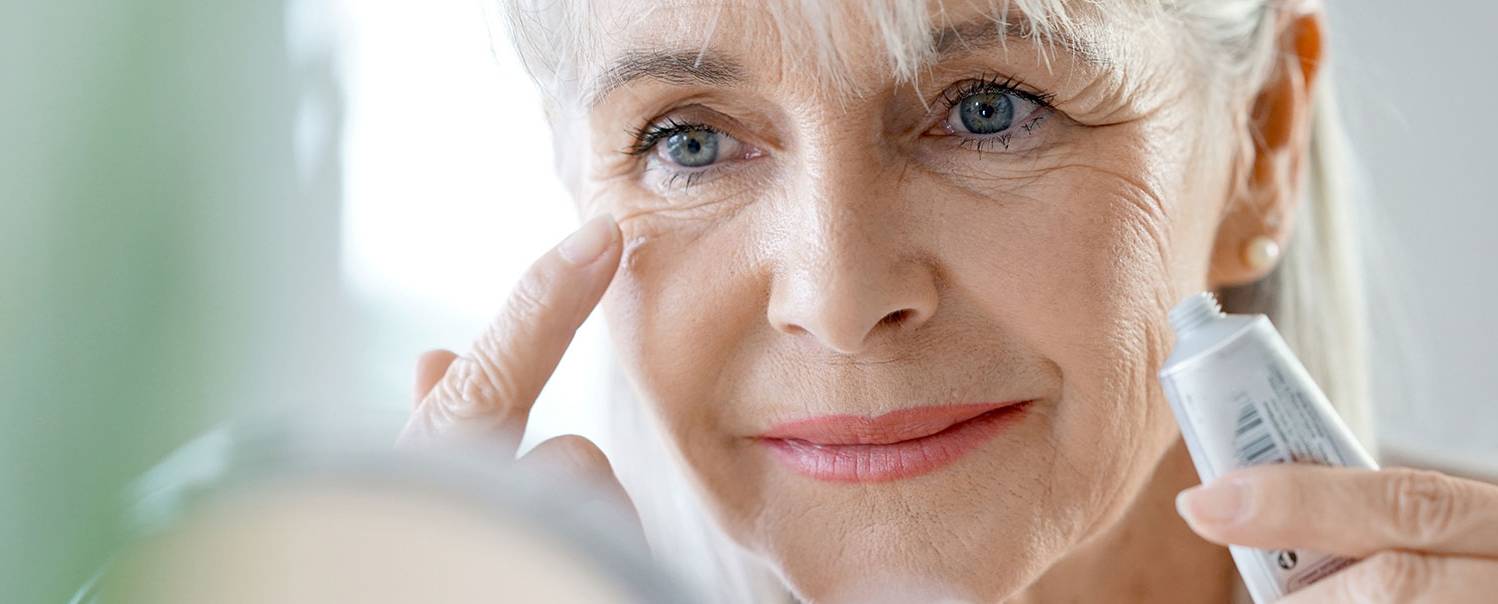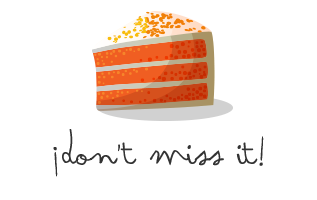What are parabens?
‘Paraben-free’, ‘No silicone’, ‘Vegan product’. These messages are ever more common in the aísles of supermarkets, pharmacies, and specialised shops. But, do we know what they mean?
TOPIC OF THE MONTH
Share
Just as consumers are more concerned with nutrition, the growing preoccupation of the consumer with the origin of what they’re buying has meant an increase in demand for conservative-free cosmetics. But, are they really as harmful as we think? What effects do parabens have, and why is the trend to get rid of them spreading?
A paraben is defined as ‘any of a group of compounds used as preservatives in pharmaceutical and cosmetic products and in the food industry’, a group of chemical substances obtained by the condensation of an acid with an alcohol. We can find them in shampoos, hair masks, hydrating creams, etc.
They have been used as cosmetic preservatives since the beginning of the 20th century in toothpastes, creams, deodorants, shampoos, cosmetics, makeup, etc. In fact, between 70% and 90% of cosmetic products contain them. Different types are also used to conserve baked goods, pre-cooked food, fizzy drinks, sauces, and, even, fresh meat. Even the pharmaceutical industry includes them in various products like cough syrups, antacids, antibiotics, and in paracetamol and ibuprofen.
It’s main function is to conserve and protect, avoiding the spreading of microorganisms (microbes), funguses and bacteria. What’s more, they stop the product from losing its effectiveness.
Are they toxic?
Parabens are substances approved by the European health authorities and are categorised as safe products with low toxicity, as our organism is capable of absorbing and metabolising this substance and eliminating it quickly.
So, why are they being questioned?
We were first warned in 2004 when oncologists from the University of Reading carried out studies with cancerous materials and in 90% of the samples analysed that came from patients with breast cancer traces of parabens have been found. After various further studies, no conclusion has been reached about how parabens affect the development of breast cancer, although some scientists point out that the parabens have an effect that imitates oestrogen (sexual hormones, steroids), and this could contribute to the development of cancerous tumours.
On the other hand, various studies have confirmed that there is no real health risk because they are well absorbed by the intestinal tract and perfectly got rid of by urine, but when they are absorbed by the skin (when they are used externally), it seems that getting rid of them isn’t so quick and easy.
What’s our role?
There are big differences in the security of different compounds that form the paraben family and it’s interesting to know which are the permitted compounds and which are completely prohibited.
Currently, the following compounds are permitted by the legislation on cosmetics in Europe:
• Methylparaben and Ethylparaben: safe and efficient conservatives, should be used in a maximum concentration of 0.4% in the final product.
• Butylparaben and Propylparaben: the Scientific Committee on Consumer Health of the European Commission has recently recommended reducing the legal limit to 0.14%, when they’re used separately or mixed. Furthermore, you cannot use them in products to be used in the nappy area of under 3s, as the skin in that zone can be more damaged or irritated, which increases the risk of absorption of these substances.
On their part, the European Union banned the following compounds in 2014: isopropylparaben, isobutylparaben, phenylparaben, benzylparaben and methylparaben. There isn’t enough information on the risks so it isn’t possible to assess its safety and, therefore, they shouldn’t be used.
Kyrey ‘paraben-free’
Consum, a company committed to the environment and society, doesn’t use any kind of paraben in the formulation of its own-brand cosmetics. The cooperative considers that there are preservatives that are equally effective with studies that show their safety. On practically all our Kyrey brand products we put the label ‘paraben-free’.











 ¡Subscribed!
¡Subscribed!